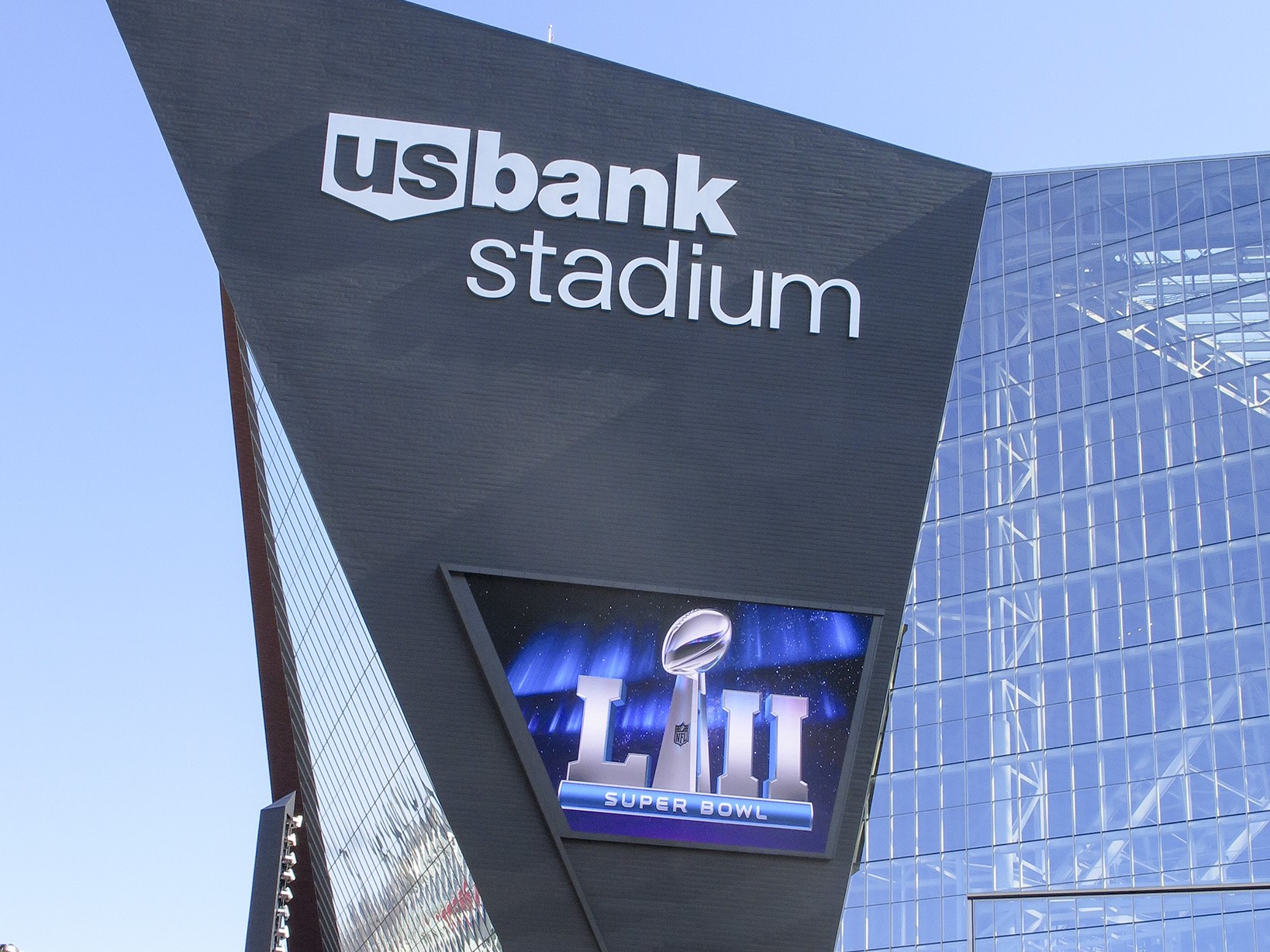Minnesota sports boosters seek $50 million from state lawmakers to lure more marquee events

You can’t play in a high-stakes game if you don’t bring high stakes to the table.
That’s the impetus behind a bill that would provide $50 million in one-time funding to create a competitiveness bid fund in hopes of attracting more major sporting events to Minnesota.
Rep. Kaohly Vang Her (DFL-St. Paul) sponsors HF2384 and said every $1 spent on successful bids to host the Super Bowl and other mega-events could yield up to $10 in economic benefits to the state.
“This is a jobs bill, an economic development bill, and a tax growth bill,” she said.
Without the funding, Minnesota would miss out on hosting many prestigious events, losing them to other states and cities that have upped their bidding game. “Even though our state has recently attracted a Super Bowl, all-star games, and two Final Fours, we have to meet new expectations to stay in the game,” Her said.
The bill would provide $50 million in fiscal year 2024 for Minnesota Sports and Events, an independent nonprofit organization working to bring world-class sporting events to the state. A spending report would be due to the Legislature by Feb. 1, 2025.
[MORE: Read a fact sheet on Minnesota Sports and Events]
The House Economic Development Finance and Policy Committee adopted a delete-all amendment Wednesday before laying the plan over for possible omnibus bill inclusion.
“Event organizers are now asking that the funding is available at bid submission. We are currently the only major city of our size unable to provide that,” said Wendy Blackshaw, president and CEO of Minnesota Sports and Events.
The group has secured five upcoming events, including the 2024 Big Ten Women’s and Men’s Basketball Championships, and is focusing on securing funds to make competitive bids on three major upcoming events, including the 2024 USA Gymnastics Olympics team trials and the 2026 World Juniors hockey tournament.
“If we don’t receive funding, we will freeze bidding in June,” she said.
The organization’s current financial model is dependent on corporate fundraising and a small percentage of ticket revenue, Blackshaw said.
However, those funding sources have become unsustainable as event organizers demand bids come with guaranteed funding. Public-private partnerships are therefore needed to fund hosting costs, which can range from $5 million to $40 million per event, she said.
Related Articles
Search Session Daily
Advanced Search OptionsPriority Dailies
Speaker Emerita Melissa Hortman, husband killed in attack
By HPIS Staff House Speaker Emerita Melissa Hortman (DFL-Brooklyn Park) and her husband, Mark, were fatally shot in their home early Saturday morning.
Gov. Tim Walz announced the news dur...
House Speaker Emerita Melissa Hortman (DFL-Brooklyn Park) and her husband, Mark, were fatally shot in their home early Saturday morning.
Gov. Tim Walz announced the news dur...
Lawmakers deliver budget bills to governor's desk in one-day special session
By Mike Cook About that talk of needing all 21 hours left in a legislative day to complete a special session?
House members were more than up to the challenge Monday. Beginning at 10 a.m...
About that talk of needing all 21 hours left in a legislative day to complete a special session?
House members were more than up to the challenge Monday. Beginning at 10 a.m...